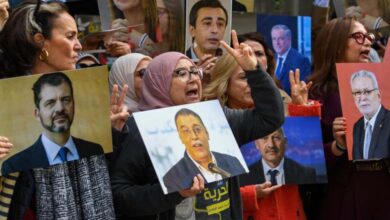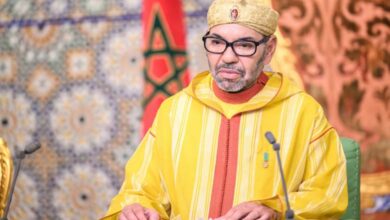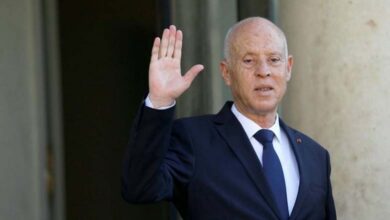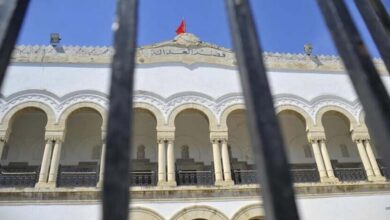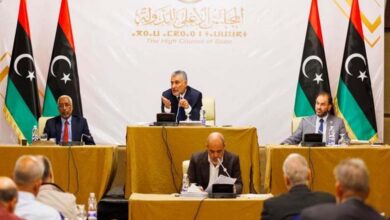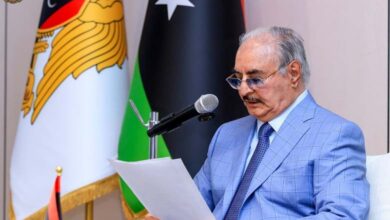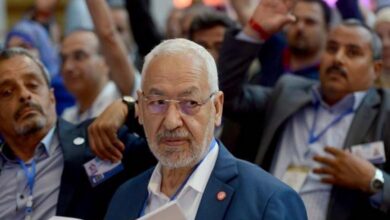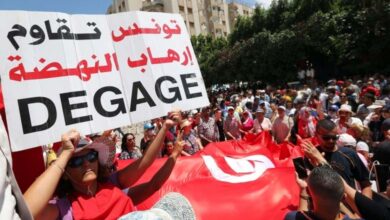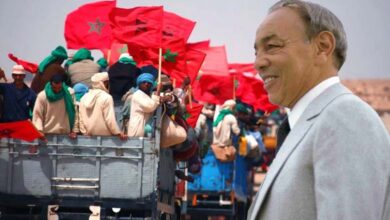Polisario Hints at Accepting Moroccan Sovereignty through Autonomy Initiative
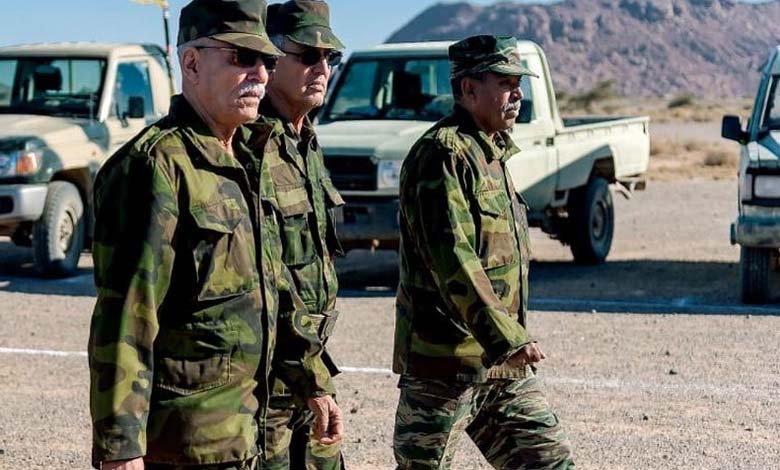
Polisario appears to have finally realized—especially after Washington hinted at classifying it as a terrorist organization—that the safest option to avoid isolation and shield Algeria from U.S. pressure is to accept Rabat’s autonomy initiative under Moroccan sovereignty as the only viable solution to the fabricated conflict.
For the first time in the history of the Algeria-backed dispute, the so-called “Interior Minister” of the illegitimate entity, Brahim Bachir Billa, indicated Polisario’s potential willingness to accept Morocco’s autonomy plan for the Sahara under the Kingdom’s sovereignty. This marks a surprising shift from Polisario’s long-standing rejection of a proposal that has been gaining increasing international support. The separatist front appears to be attempting to absorb growing anger and social unrest among the residents of the Tindouf camps who reject the separatist agenda.
-
Efforts by the United States to Classify the Polisario Front as a “Terrorist Organization” – What’s the Story?
-
Tensions Rise in Tindouf Camps and Wave of Exodus from Polisario’s Grip
This shift in stance can be interpreted in multiple ways: either the group has accepted, in light of recent international developments favoring Morocco, that it has little room left for maneuver, or it is stalling for time in response to serious pressures—chief among them the direct U.S. threat to label it a terrorist organization should it refuse to engage in serious negotiations based on Rabat’s autonomy initiative. Polisario has no real decision-making power and simply follows Algerian directives.
These recent remarks could also be the result of an Algerian strategy—either as part of usual political maneuvering or due to real fears of the consequences of continued defiance in the face of American pressure.
-
Algeria Blocks Census of Tindouf Residents for Fear of Exposing Polisario Corruption
-
Algerian Concern Expressed by Polisario Over French Shift in Positions
This development also reveals that the separatist front finds itself in a defensive posture, especially as Morocco scores diplomatic victories on the Sahara issue and more countries support the autonomy proposal as a credible and realistic solution to the conflict fueled by Polisario and its Algerian sponsor.
Speaking to an Algerian media outlet, Billa stated that “autonomy is just one of several options that should be considered for resolving the conflict,” while expressing Polisario’s willingness to engage in UN-led negotiations—on the condition that they be “serious and lead to a solution based on the principle of self-determination.”
-
Ireland Refutes Algerian and Polisario Claims Regarding Ghali’s Visit to Dublin
-
Spanish security unveils Polisario’s ties to a human trafficking and smuggling network
International reports and experts agree that the Moroccan solution is the most pragmatic path forward, being implementable and conducive to lasting peace and stability, while also respecting democratic aspirations.
This surprising reversal indicates that Polisario is increasingly fearful of being abandoned by Algeria, which has received a clear message from the U.S. about the need to end the artificial conflict and engage in a genuine political process based on the Moroccan autonomy initiative.
Moroccan media outlet Hespress quoted Taleb Bouya Abahazem, a respected tribal leader from the Moroccan Sahara, as saying that “this shift in the Polisario’s stance is not a matter of choice, but rather a necessity imposed by internal developments and external pressure.”
-
The Atlantic Initiative Foils Polisario’s Bet on Instability Strengthening
-
Renewal of confidence in the Sánchez Government deals a blow to Polisario’s bets
He said the Polisario minister’s statement reflects a tacit admission that what the group falsely calls the “right to self-determination” no longer necessarily means secession, and that autonomy under Moroccan sovereignty is now a discussable option even within the camps.
He added, “The main goal of this softening in rhetoric is to reduce internal divisions and avoid deeper international isolation,” especially as calls grow louder to designate Polisario as a threat to regional peace and security.
The separatist group is floundering in the wake of increasing international isolation, as many of its former allies have distanced themselves. Numerous rights organizations are calling for investigations into how humanitarian aid and funds intended for Tindouf camp residents were misappropriated by Polisario leaders and used to reward loyalists while punishing dissenters as part of a collective punishment strategy.
-
Polisario Front attempts to deceive with forgeries and deception in its separatist agenda
-
Polisario Leader Returns to Algeria after Spain-Morocco Row
Human rights groups are also demanding probes into the abuses committed by Polisario that have fueled growing discontent among Sahrawis—prompting many young people to flee and join extremist organizations in the region, including ISIS.
Researcher Saïd Bouchakouk, an academic focusing on development and regional issues, said the Polisario minister’s latest remarks “reflect the confusion and contradictions within the group’s political discourse, especially as a global consensus grows around the need for a realistic, negotiated political settlement of the Sahara conflict.”
-
Morocco PM considered the Spain’s welcoming of Polisario Head as a Scandal
-
Moroccan Diplomatic Expulsion Reveals Algeria’s Discontent with Rabat’s Successes
He added that the front is trying to avoid an explosion of unrest, amid the deepening rift between its isolated leadership and the scattered population in the camps—especially as separatist ideology weakens and international support for the autonomy initiative surges, including from numerous European, African, and Gulf nations.
The latest developments indicate that Morocco is closer than ever to resolving the Sahara issue, particularly with the backing of the U.S. and France in the UN Security Council. The UK is also reviewing its stance and may soon join the group of influential countries pushing for the implementation of the Moroccan autonomy plan.
-
Human rights organizations denounce the recruitment and political exploitation of children in the Tindouf camps
-
Larcher’s Visit to the Moroccan Sahara Reflects France’s Interest in Strengthening Cooperation with Rabat
-
Morocco’s Strong Position Pushes Algeria to Avoid Raising the Sahara Issue at the UN Security Council
-
“The Snare of the Trap” Documents Algeria’s Cross-Border Violations


